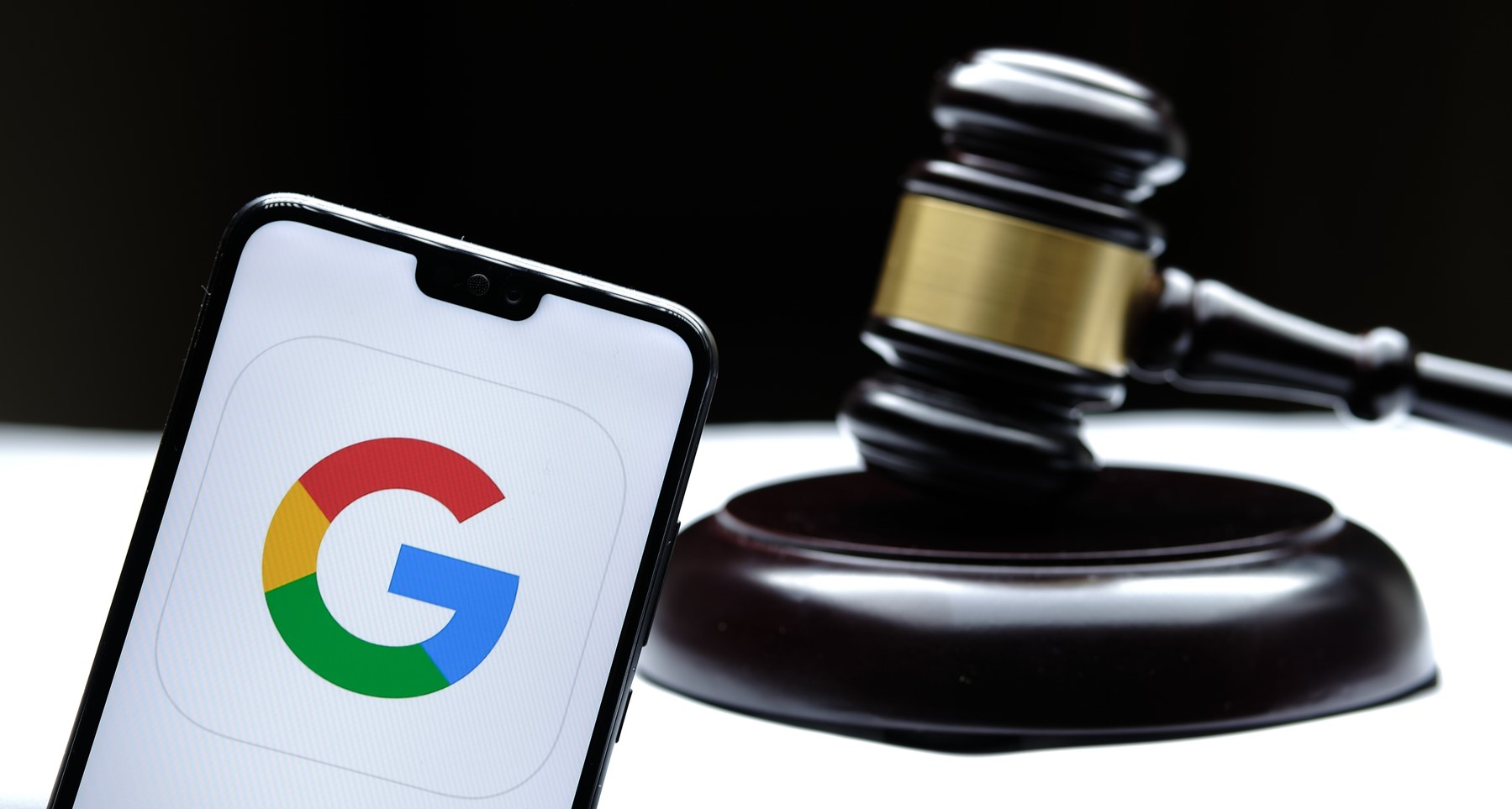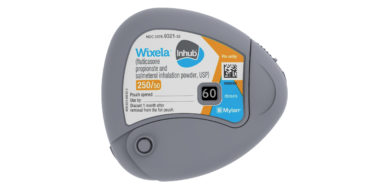Will Google need to break up or discontinue services? Will other competitors ramp up their services and advertising options? What are some possible implications of the antitrust suits and what could it mean for healthcare marketers in the future?
In December 2020, 10 states brought forward another antitrust lawsuit against Google1. The case claims that Google is using its power to manipulate the ad market and control pricing. It asserts that Google abuses its end-to-end control in the digital marketplace to limit competition. Google is where publishers large and small go to sell advertising on their sites as well as where advertisers go to purchase ad space. Not only does it control most of the paid search advertising market, but it is also one of the largest exchanges for display ads. In addition, Google owns the largest ad server, Google Campaign Manager, exerting control over how ads are served, tracked, and measured. The lawsuit claims that it has used unfair practices to secure its dominance as a regular practice. It even goes so far to say that Google colluded with Facebook to keep control over the ad marketplace.
Meanwhile, the antitrust case made against Google by the U.S. Justice Department back on October 20, 2020 cites a number of anticompetitive practices and lays out why this is harmful to businesses and consumers. The case claims that Google2:
- Has exclusivity agreements prohibiting installation of competitive search products
- Has made agreements ensuring that Google’s search product is in prime locations and cannot be deleted even if the consumer would prefer it
- Has a long-term agreement with Apple requiring that Google is the search engine for Apple devices
- Uses its profits from this block against competition to perpetuate its monopoly
- Takes advantage of the lack of competition in advertising that it has organized and can charge advertisers whatever it wants and provide less support and services to those advertisers
These issues are in addition to complaints brought forward in the past, such as Google promoting its own properties within search, and listing brand content within search results in rich snippets versus letting traffic click through to find information directly from a brand’s site. Google’s prevalence is also cemented in its ownership of Android smartphones, which represents about 86%3 of market, effectively locking out competition across smartphones. Moreover, its acquisition of ad serving and measurement company DoubleClick in 20084 and ownership of Google Analytics ensure that it owns end-to-end measurement as well as consumer and client data.
This case could take years to settle and is the first of its kind in decades, analogous only to the case against Microsoft in 1998 and AT&T in 1974. In the Microsoft case, the company was found to be using exclusive contracts or placement of its software (its browser was on Microsoft computers) that violated antitrust laws.
The U.S. Department of Justice will try to prove that Google gained its monopoly or lion’s share of the market through unfair or abusive practices. If these claims are found to be true, we may see that Google can no longer be exclusive in its presence on certain devices. We may see Microsoft’s Bing (or even possibly Amazon) be able to gain a more prominent placement within devices in the future. Bing could then increase its share of search and become a more viable competitor to Google.
The Current State of Advertising on Google
Currently, Google holds about 80% to 90% of the market share. Advertisers have no choice but to pay Google’s high prices to get prominent positions, even for their own brand names within search. Bing’s share has so far been too small to register as a real competitor to Google in the U.S. Moreover, outside the U.S, Google has no real competition at all besides a few local search engines in a couple of countries (e.g., Baidu of China).
Google’s level of support for advertisers has diminished over the years and while more automated tools may be available, knowledgeable support from Google is much less than what Bing offers. Often with larger advertisers, Google will go to the client directly and look to circumvent the agency that is managing the client work/campaigns. It seems that Google is looking to take over ad agency revenues as well.
Costs are also higher, with costs per click (CPCs) often three times more expensive on Google than what they are on Bing for healthcare-related searches. Google maintains that its systems optimize campaigns to increase performance, but its optimizations generally serve Google’s bottom line first and foremost. Google insists that its cost per clicks on average have declined over the years, but they are still much higher than Bing’s. Google’s pricing model is an auction but if there is only one place to buy search visibility, how can we be sure that Google isn’t raising prices to feather its nest first?
What Might Change for Advertisers Following the Suit
Could we see stricter regulations around Google’s current behavior? Could we see restrictions around Google circumventing agency partners? Maybe we could see Google forced to be more transparent with pricing models. Could we see Google have to give up its ownership of any of its businesses such as Google Campaign Manager? Or maybe we could we see the rise of Bing or Amazon in places where Google can no longer exercise its exclusivity.
Bing’s search engine is up to the task and Amazon has been actively working on theirs. We should at least see more choice being offered to the consumer when it comes to search. Whether Bing or other companies will be able to step in remains to be seen. If other companies are able to gain share of search, we may see lower CPC/ad costs in the future, which benefits advertisers and, indirectly, consumers by allowing more choice. We may see more diversity in search results or more specialization by search provider; different audiences may flock to Bing versus Google.
The Justice Department believes that more competition in the marketplace would benefit consumers and advertisers by forcing entities to play by the rules and therefore protect the consumer. Many advertisers would possibly benefit and competition would likely bring down costs and increase the level of support for those advertisers and their agencies.
References:
1. Texas, et al. v Google LLC, https://beta.documentcloud.org/documents/20428867-complaint.
2. Department of Justice, Justice Department Sues Monopolist Google For Violating Antitrust Laws.
3. IDC, Smartphone Market Share.
4. Wired, “Google Seals DoubleClick Deal, Learns More About You.”









